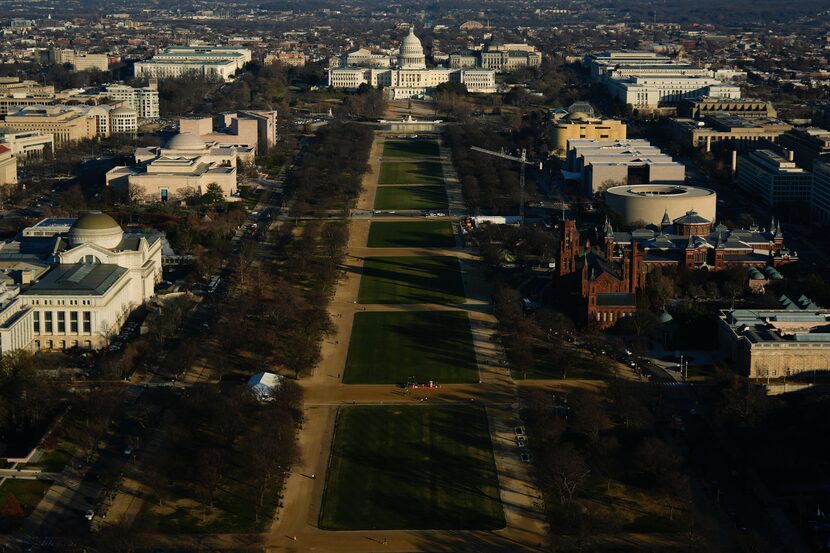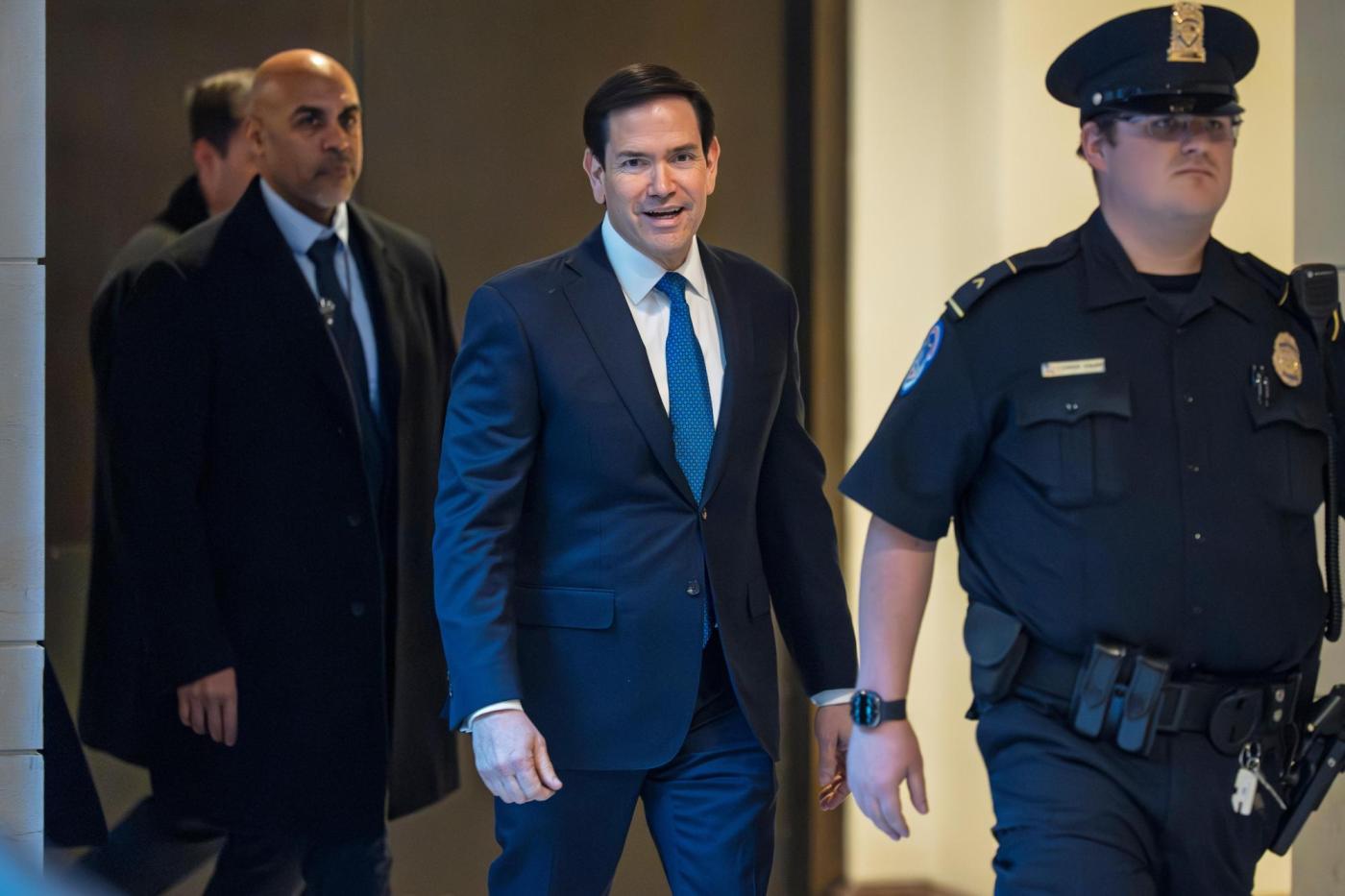In a recent interview, Kamala Harris, the Vice President of the United States, expressed her belief that a woman will eventually occupy the White House. During the conversation, she suggested that she could be the one to achieve this milestone, stating, “I am not done.” Her comments have reignited discussions about gender representation within the Democratic Party as the 2024 election approaches.
Harris’s remarks came during an interview on March 10, 2024, when she was asked about the future of female leadership in American politics. Her assertion sparked a mixture of reactions, with some expressing hope while others voiced skepticism regarding her potential candidacy. Observers noted that while Harris has made history as the first female Vice President, her path to a presidential run may be complicated by various factors within her party.
The Democratic Party is currently grappling with internal debates about its direction and leadership strategy. Some analysts argue that a shift towards nominating more male candidates could be beneficial for the party’s chances in the upcoming elections. This perspective is rooted in recent polling data indicating that male candidates may resonate more with certain voter demographics that the party needs to secure.
As 2024 approaches, Democrats are weighing the significance of representation against the practicalities of winning elections. A report by the Pew Research Center noted that women candidates have historically faced challenges in gaining the same level of support as their male counterparts. This dynamic has prompted discussions about whether the party should focus on gender diversity or prioritize electability.
Critics of Harris’s comments have voiced concerns over the implications of her potential candidacy. Many voters recall the challenges faced by female candidates in previous elections, and there is a palpable apprehension about repeating past mistakes. Some Democratic voters have expressed a desire for a candidate who can unite the party and appeal to a broad base, suggesting that a male candidate might be more effective in this regard.
Supporters of Harris argue that her experience and historical significance as a leader could energize the party and inspire a new generation of voters. They point to her track record on key issues such as healthcare and climate change as evidence of her commitment to progressive values. The question remains whether this commitment is enough to overcome the skepticism surrounding her potential candidacy.
As the Democratic Party continues to navigate these complex dynamics, Harris’s aspirations for the presidency will likely remain a focal point of discussion. The upcoming election cycle will test the party’s ability to balance representation with the need for a viable candidate who can secure a victory in the general election.
In summary, while Kamala Harris envisions a future where a woman leads the nation, her candidacy raises pressing questions for the Democratic Party. The interplay between gender representation and electoral viability could shape the party’s strategy as it prepares for the pivotal 2024 election.







